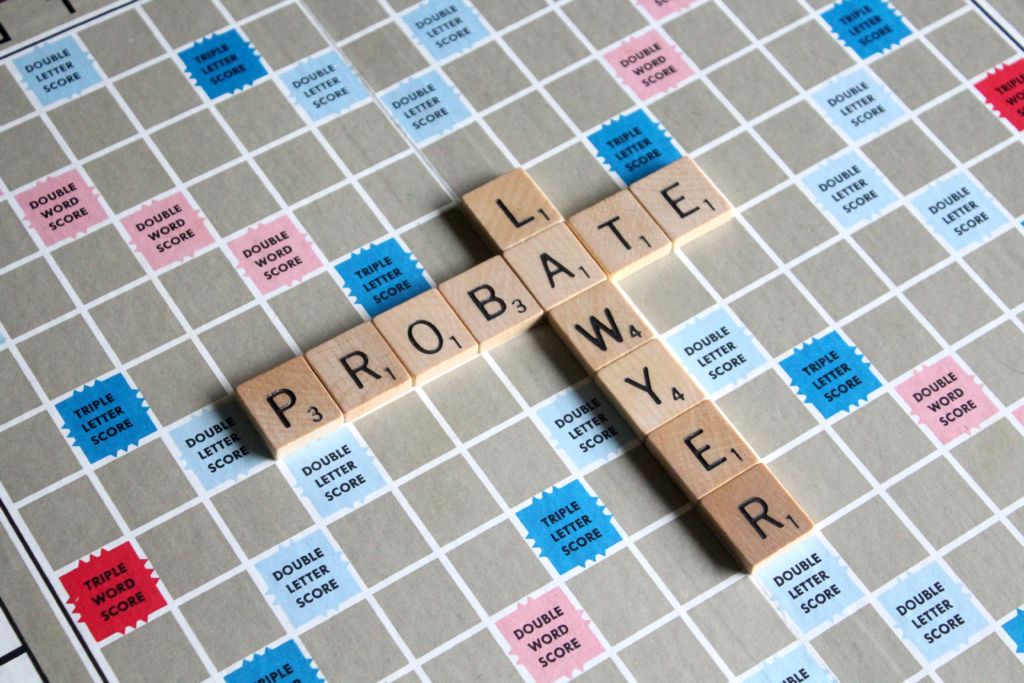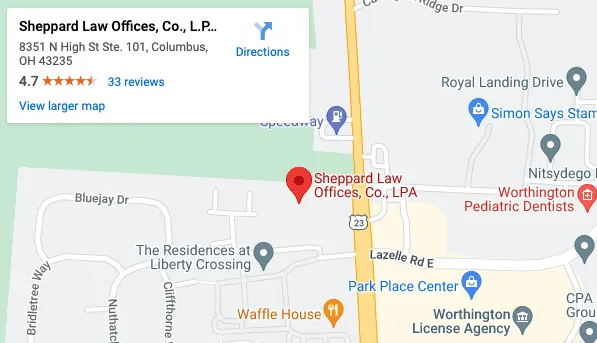While often considered something to avoid at all costs, probate isn’t nearly as scary as it seems. Probate is just the name of the legal process of reviewing a Will to determine its authenticity and validity. It is frequently used as a blanket term to refer to the general process of administering a decedent’s estate, including settling the decedent’s debts, taxes, and prorating their assets. Though it’s an in-depth legal process, it’s nothing to worry about. If you need to go through probate and are unsure of the next steps, the professionals at Sheppard Law Offices can help. We work with you throughout the entire process, from locating the right paperwork to representing you in court. Learn all about the probate process below.
What is probate?
Simply put, probate is the legal process that occurs after someone passes away. This includes a variety of steps that need to be completed before assets are distributed and the case is closed. When going through probate, individuals are expected to:
- Prove in court that the decedent’s will is legal and valid
- Identify and catalog the decedent’s property
- Appraise and value the decedent’s property
- Pay any of the decedent’s outstanding debts and taxes
- Distribute any remaining property as directed by the legal will
What happens during probate?
Generally, probate begins by the executor of the decedent’s estate filing the proper paperwork in probate court. They are expected to prove that the deceased individual’s will is valid and produce a comprehensive list of the decedent’s property, debts, and inheritors. Once this has been completed, relatives and debtors are officially given notice of the individual’s death. The executor is expected to find, gain access to, and manage the decedent’s property during probate, which can take anywhere from a few months to over a year. At this point, the deceased’s will is instrumental in determining how the executor is expected to repay outstanding debts and distribute assets. For example, if the will dictates a certain amount of cash to be distributed, but there isn’t adequate capital to fulfill said requests, the executor may need to liquidate assets such as properties and items to satisfy bequeathments.
Who represents the deceased through probate?
Probate can be an extensive process, and it’s important that someone takes responsibility for handling it. Typically, an executor of the estate of the deceased is named in the will. In the event that there isn’t a legitimate will or the will does not denote an executor, the probate court will name an administrator to helm the process. This administrator is often a close relative or the person expected to inherit the majority of the estate.
There are different types of probates. The full estate administration is the type of probate everyone thinks of when they think of probate. But for smaller estates, there are more simple processes. For example, if the estate is small and less complicated, a relief from administration or a summary release from administration may be appropriate. These types of probates are less costly and much shorter in duration.
How to avoid probate
Probate, while not a terrible experience, is best avoided. Probate can be a long process, and typically costs inheritors time and money that is better spent elsewhere. If you have the time, adopting a comprehensive estate plan is the best way to avoid having your relatives and loved ones go through probate in the future. At Sheppard Law Offices, we offer extensive probate and estate planning services to help you prepare for the future. If you’re in the process of preparing your estate, contact our will and probate attorneys today for a free consultation.



